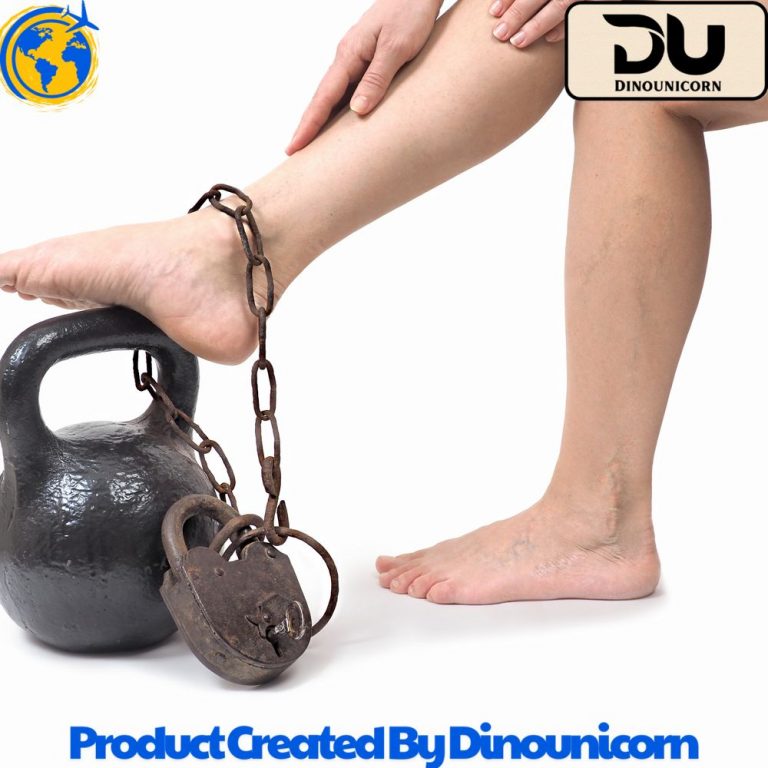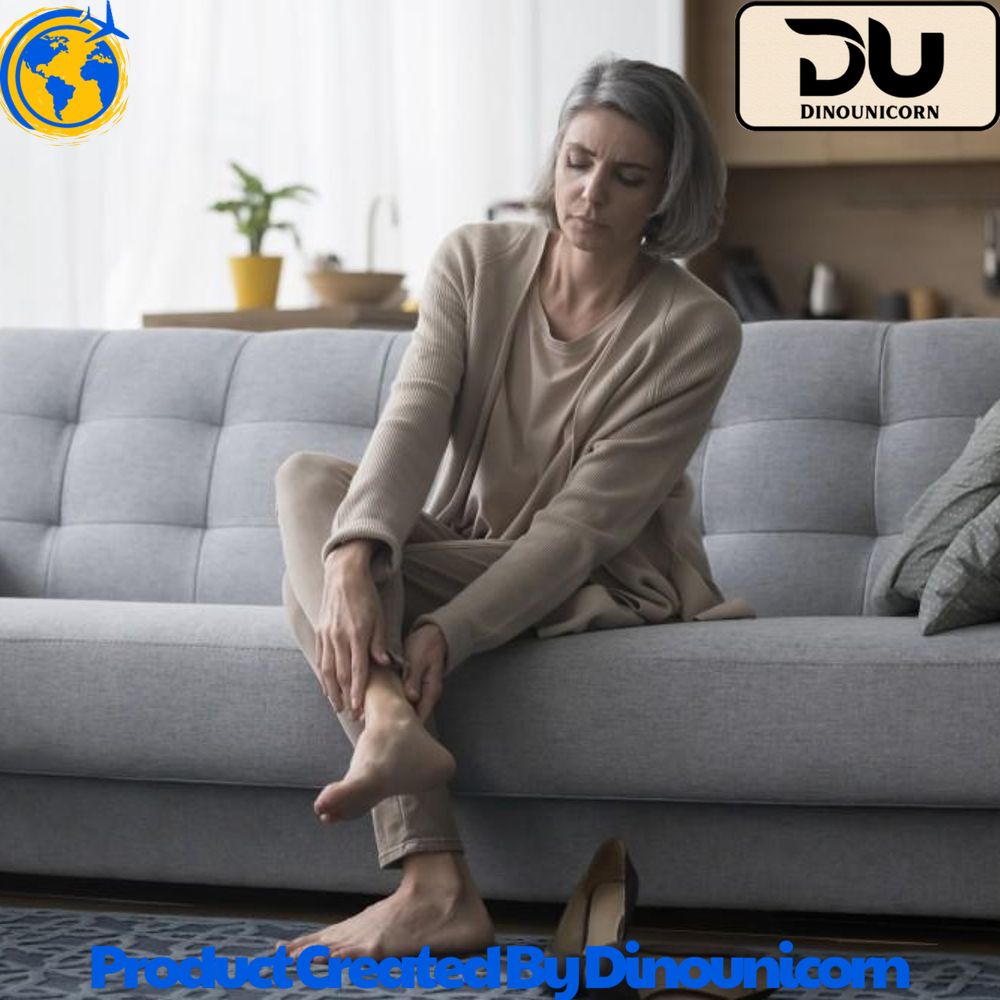Blog
Why Do My Legs Feel Heavy?
Why Do My Legs Feel Heavy? Understanding the Causes and Solutions
Leg discomfort is a common complaint that many people experience at some point in their lives. One of the most frequent issues is the sensation of heavy legs, which can range from mild discomfort to debilitating pain. In this comprehensive guide, we will explore the causes of heavy legs, the conditions that lead to legs feeling heavy, and effective strategies to alleviate this issue.
What Does It Mean When Your Legs Feel Heavy?
When your legs feel heavy, it can feel like your limbs are weighed down, making it difficult to walk or perform daily activities. This feeling of leg heaviness can be caused by several factors, from temporary fatigue to more serious medical conditions. Understanding the root cause is key to finding the right treatment.
The sensation of heavy legs often occurs when there is an issue with blood circulation, muscle fatigue, or other factors such as varicose veins or chronic venous insufficiency. Regardless of the cause, the feeling of heaviness can significantly impact your quality of life. Let’s dive deeper into the possible causes.

Common Causes of Heavy Legs
1. Varicose Veins and Chronic Venous Insufficiency
Varicose veins are a common cause of heavy legs. These enlarged, twisted veins often occur in the legs when the blood vessels are weakened or damaged, causing blood to pool. This can result in heavy-feeling legs, swelling, pain, and discomfort. In more severe cases, chronic venous insufficiency can develop, where the veins struggle to return blood to the heart.
Symptoms of chronic venous insufficiency include:
- Swelling in the legs
- A feeling of heaviness or tightness
- Discomfort or aching
- Skin changes or sores in advanced stages
If you experience any of these symptoms, it is important to consult with a medical professional, as untreated venous conditions can worsen over time. Click here to learn more about vein treatment.
2. Dehydration
Another often overlooked cause of heavy legs is dehydration. When the body is dehydrated, the blood volume can decrease, leading to poor circulation. This can contribute to feelings of heaviness and fatigue in the legs. Dehydration can also cause muscle cramps, which may add to the discomfort in your legs.
If you’re experiencing muscle fatigue in legs along with a heavy feeling, ensure you’re drinking enough water throughout the day.
3. Poor Circulation
One of the main culprits behind legs feeling heavy is poor circulation. When blood flow is restricted, it can cause the legs to feel tired, sore, and heavy. Several factors can contribute to poor circulation, such as prolonged sitting or standing, smoking, or underlying health conditions like diabetes or heart disease. To improve circulation, it’s essential to stay active and avoid staying in one position for too long.
4. Muscle Fatigue
Muscle fatigue is another common cause of heavy legs. Intense physical activity, such as long periods of walking, running, or standing, can lead to tired legs. Overexertion can cause the muscles to become sore, making them feel stiff and heavy. This is especially common after exercise, where lactic acid builds up in the muscles, leading to a temporary feeling of heaviness.
5. Restless Legs Syndrome
In some cases, restless legs syndrome (RLS) can cause discomfort and the sensation of heavy legs. This condition causes an uncontrollable urge to move the legs, especially at night, and is often accompanied by feelings of heaviness, tingling, or itching in the legs. If you experience this, a doctor can help you manage the symptoms.
6. Pregnancy
During pregnancy, many women experience heaviness in the legs due to hormonal changes and increased blood volume. The added weight of the growing baby can also put pressure on the veins, leading to swollen legs and discomfort. Pregnant women may also experience leg cramping causes due to the physical strain on the body.
Symptoms That Indicate a Serious Condition
While heavy legs can be caused by temporary factors, persistent symptoms should be evaluated by a healthcare professional. Some signs that may indicate a more serious condition include:
- Swollen legs that don’t improve with rest
- Pain or throbbing in the legs
- Skin discoloration or sores
- Persistent muscle fatigue in legs
- Leg cramping causes that last for extended periods
If you experience these symptoms, it may be time to seek professional care. Treatments for these conditions can vary depending on the underlying cause.

How to Relieve Heavy Legs
Lifestyle Changes to Ease Heaviness in Legs
If you’re experiencing the sensation of heavy legs, there are several lifestyle changes you can make to alleviate discomfort:
- Elevate your legs: Raising your legs above heart level can help improve circulation and reduce swelling.
- Exercise regularly: Low-impact exercises such as walking, swimming, or cycling can improve circulation and prevent muscle fatigue.
- Wear compression stockings: These specially designed stockings can help support the veins and reduce swelling, particularly in those with varicose veins.
- Hydrate: Drinking plenty of water can help maintain circulation and prevent dehydration-related fatigue.
Medical Treatments for Heavy Legs
In some cases, medical intervention may be necessary. Treatments for heavy legs may include:
- Vein treatment options such as sclerotherapy or laser therapy for varicose veins
- Medications to improve circulation
- Physical therapy or leg exercises prescribed by a doctor
- In some cases, surgery may be recommended to correct chronic venous insufficiency
For more information on treatments, visit this page on vein treatments.

Prevention Tips for Long-Term Relief
Preventing Heavy Legs in the Future
To avoid future episodes of heavy legs, consider the following prevention strategies:
- Maintain a healthy weight to reduce strain on your veins.
- Stay active to encourage proper blood flow.
- Avoid standing or sitting in one position for too long.
- Wear comfortable, supportive shoes to prevent foot and leg strain.
Exercises for Better Leg Circulation
Incorporating circulation-boosting exercises into your daily routine can help reduce tiredness in legs and heaviness. Some exercises to consider include:
- Leg raises to improve circulation
- Walking for at least 30 minutes a day
- Ankle circles to stimulate blood flow
Conclusion: Understanding and Managing Heavy Legs
If you’ve ever wondered, “why do my legs feel heavy?” you now know that there are several possible causes ranging from varicose veins to poor circulation and even muscle fatigue. While occasional heavy legs are common, persistent symptoms should not be ignored. By understanding the underlying causes and seeking appropriate treatment, you can relieve discomfort and prevent future issues.
For those seeking more information, feel free to explore the following resources:

Frequently Asked Questions (FAQ)
Why do my legs feel heavy at night?
At night, your legs may feel heavy due to poor circulation after a long day of activity. This can be a result of prolonged standing, sitting, or chronic venous insufficiency. Elevating your legs before bed can help reduce this feeling.
Can dehydration cause heavy legs?
Yes, dehydration can reduce blood volume and affect circulation, leading to feelings of heaviness in the legs. Make sure to stay hydrated throughout the day.
How can I relieve leg discomfort and heaviness?
You can relieve leg discomfort by elevating your legs, wearing compression stockings, staying active, and staying hydrated. If symptoms persist, consult a doctor for further treatment options.
If possible, please visit dinounicorn.com or freshmilktee.com to support us.
 Skip to content
Skip to content

